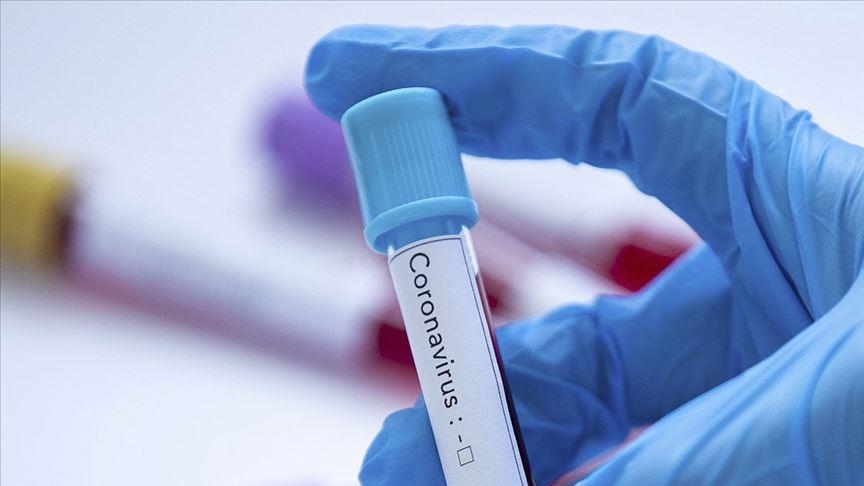COVID-19: Experts seek increased investment in preparedness, response
Medical experts have called on the government and other stakeholders to improve on policy and financing for epidemic preparedness and response (EPR) in the country. They made the call Saturday in Abuja during a forum convened by the Prevent Epidemics (PE) Project, which is funded by the Global Health Advocacy Incubator (GHAI) and implemented in […]

Covid-19
Medical experts have called on the government and other stakeholders to improve on policy and financing for epidemic preparedness and response (EPR) in the country.
They made the call Saturday in Abuja during a forum convened by the Prevent Epidemics (PE) Project, which is funded by the Global Health Advocacy Incubator (GHAI) and implemented in partnership with Legislative Initiative for Sustainable Development (LISDEL) and Health Sector Reform Coalition (HSRC).
- Why Nigerians still sleep with hunger despite massive food production – Agric minister
Mass exodus of doctors must stop
The Director of Special Duties, Nigeria Centre for Disease Control (NCDC), Priscilla Ibekwe, said the government developed a multi-sectoral National Action Plan for Health Security (NAPHS 2018- 2022) to address gaps, with the goal of preventing, detecting and responding to public health threats.
She said the implementation of the National Action Plan on Health Security cost a total of N134billion with immunisation (under Nigeria strategy on immunisation and PHC systems strengthening) being the major cost driver with N81bn, and representing 60 per cent of the cost.
Ibekwe called for an increased budgetary allocation to the NCDC, inclusion of the organisation in the Basic Healthcare Fund (BHCPF) implementation, legislations for increasing fund for health security, and increase funding for state health security.
Presenting findings of a study that analysed the economic impact of COVID-19 in Nigeria, Senior Knowledge Management and Monitoring and Evaluation Advisor, Prevent Epidemics Project, Kafayat Alawode, said the outbreak revealed the vulnerability of the Nigerian economy to global shocks, and the country’s suboptimal level of epidemic preparedness and response.
She said the assessment also showed that the pandemic disrupted routine immunisations family planning and cancer diagnosis and treatment and emergency services.
She added that the study also revealed that management of COVID-19 led to the neglect of some other diseases, such as yellow fever, Lassa fever. And some funds that were meant for other diseases were diverted to the containment of the spread of the disease.
